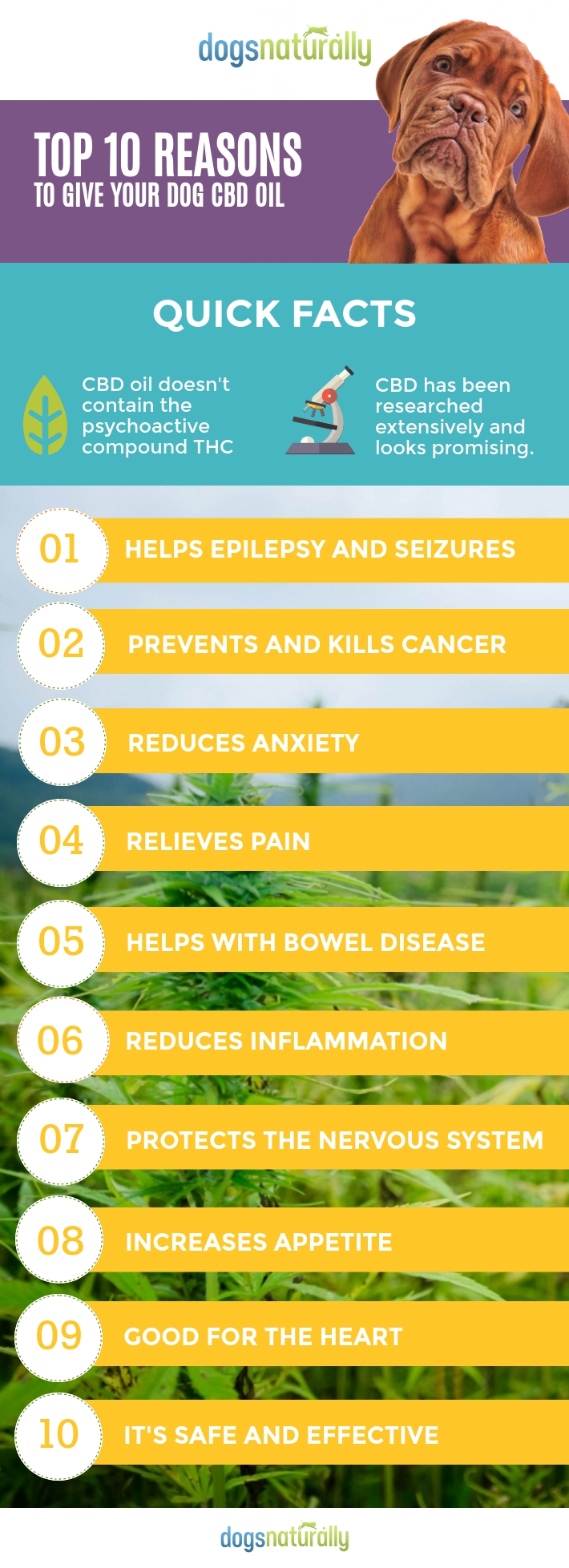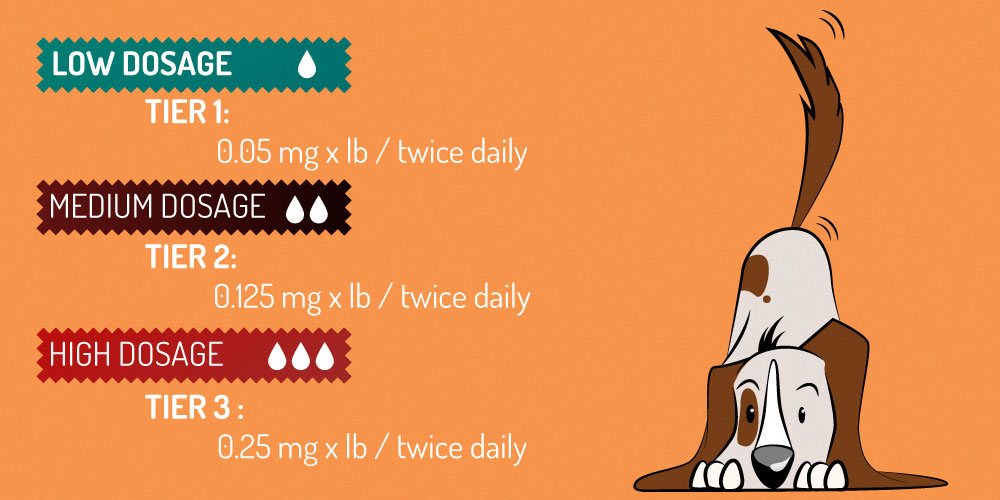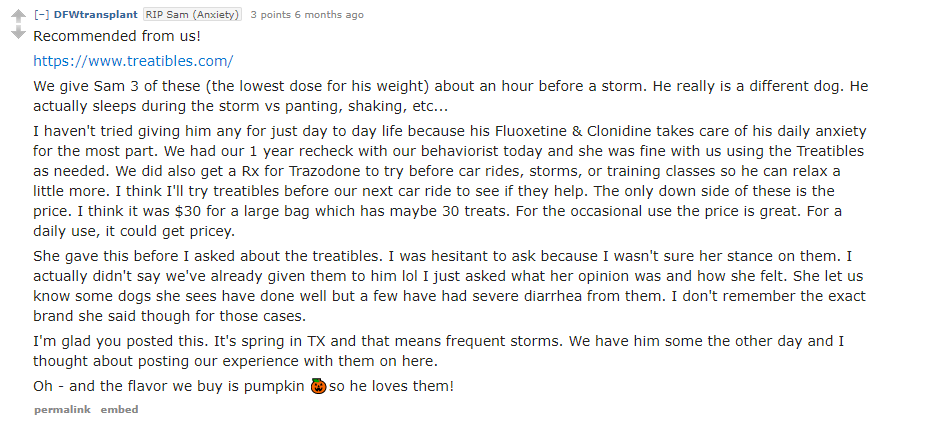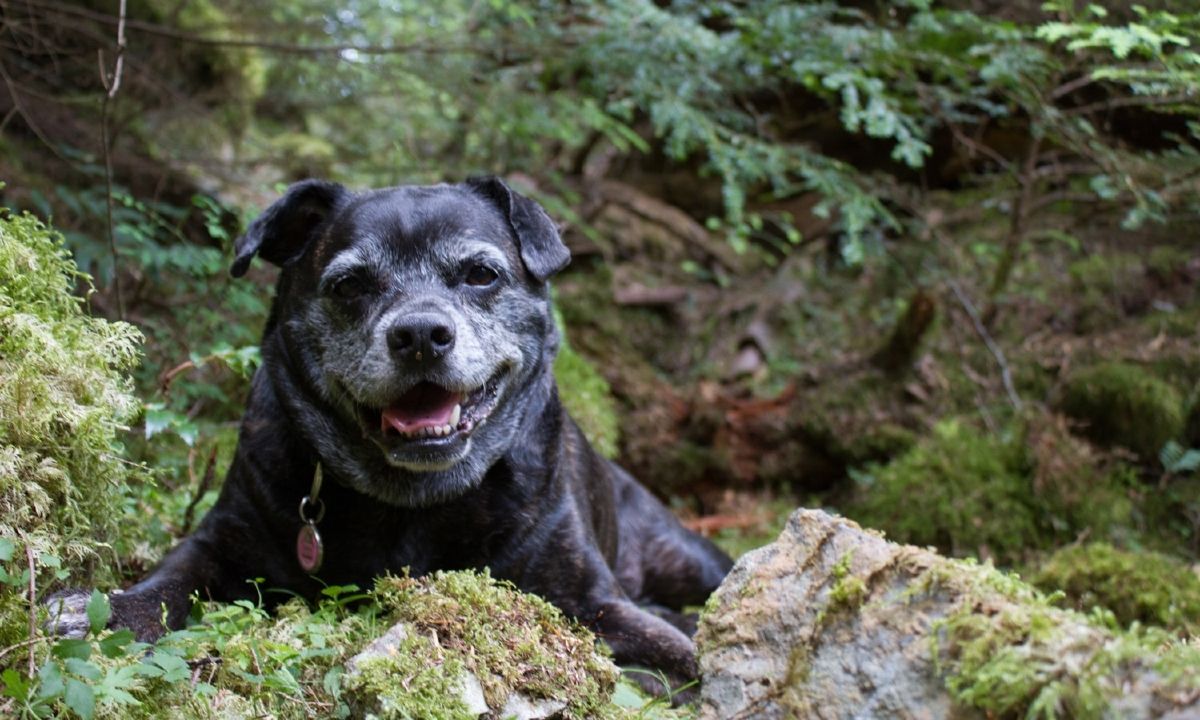Baron23
Well-Known Member
Please don't misunderstand me, Mom.....I hate people who are cruel to pets/animals or who just don't take proper care of the animals they have been entrusted with.Lol... I can understand the sentiment. But if you've ever seen a dog that's gotten into some stash you might not feel that way. It's an awful thing for them. They're white knuckling with 4 paws...... And it doesn't take much. My dog, at about 28 pounds, ate the equivalent of a pinner joint's worth of abv and was tripping balls.
But I'm not talking about a dog....I want JoJo's stash for ME!! hahaha












